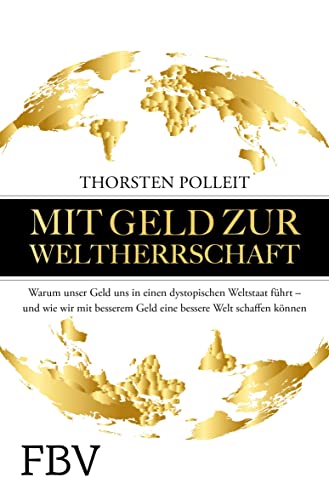Sublime
An inspiration engine for ideas
Of all the historical forms of money I have come across, the one that most resembles the operation of Bitcoin is the ancient system based on Rai stones on Yap Island, today a part of the Federated States of Micronesia.
Saifedean Ammous • The Bitcoin Standard: The Decentralized Alternative to Central Banking
Some highlights have been hidden or truncated due to export limits.
Michael Lewis • Going Infinite: The Rise and Fall of a New Tycoon
On top, she added her own distinctive techno-futurist gloss—Tofflerism with a stock-picker’s sensibility. It cost over $600 a year to subscribe to Release 1.0, and 1,500 of the tech industry’s most powerful read its every elliptical word.
Margaret O'Mara • The Code
Buffett’s genius was largely a genius of character—of patience, discipline, and rationality.
Roger Lowenstein • Buffett: The Making of an American Capitalist
When Donald Trump claimed that he used his own money to finance his primary campaign, he was really declaring, to the chagrin of his party leadership, that he was not to be part of Washington’s massive network of intertwining patron–client relationships.
Jessica C. Flack • Worlds Hidden in Plain Sight: The Evolving Idea of Complexity at the Santa Fe Institute, 1984–2019 (Compass)
Mit Geld zur Weltherrschaft: Warum unser Geld uns in einen dystopischen Weltstaat führt – und wie wir mit besserem Geld eine bessere Welt schaffen können (German Edition)
amazon.com
American Heiress: The Wild Saga of the Kidnapping, Crimes and Trial of Patty Hearst
amazon.com
Things The Rich Don't Want You To Know: A guidebook for people who are worth over $1,000,000
amazon.com
And so here is my central thesis, stated yet again: technology in all its forms is a type of wealth. The Bible contains no warnings about technology as such, but is crammed with warnings about the bias of wealth.